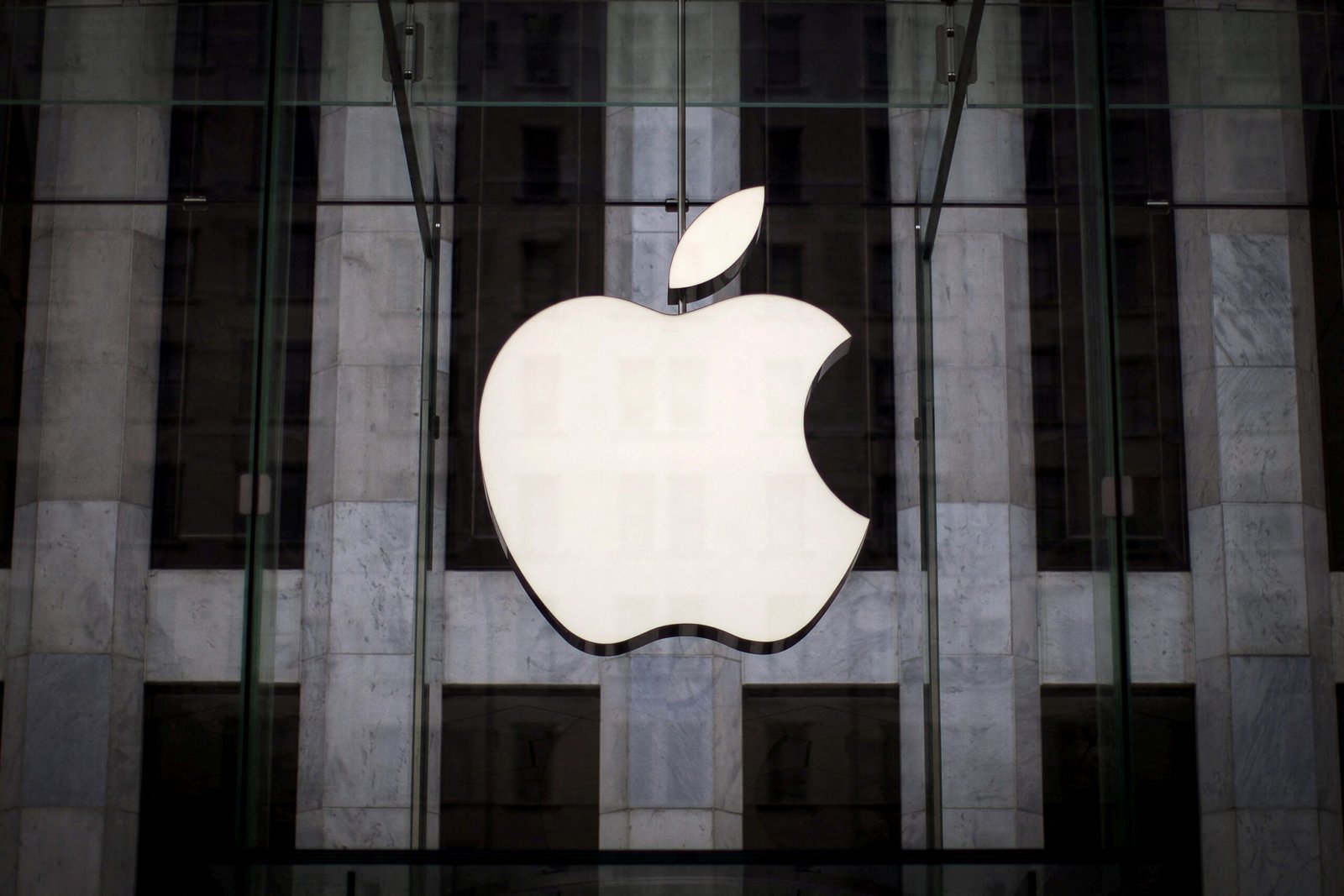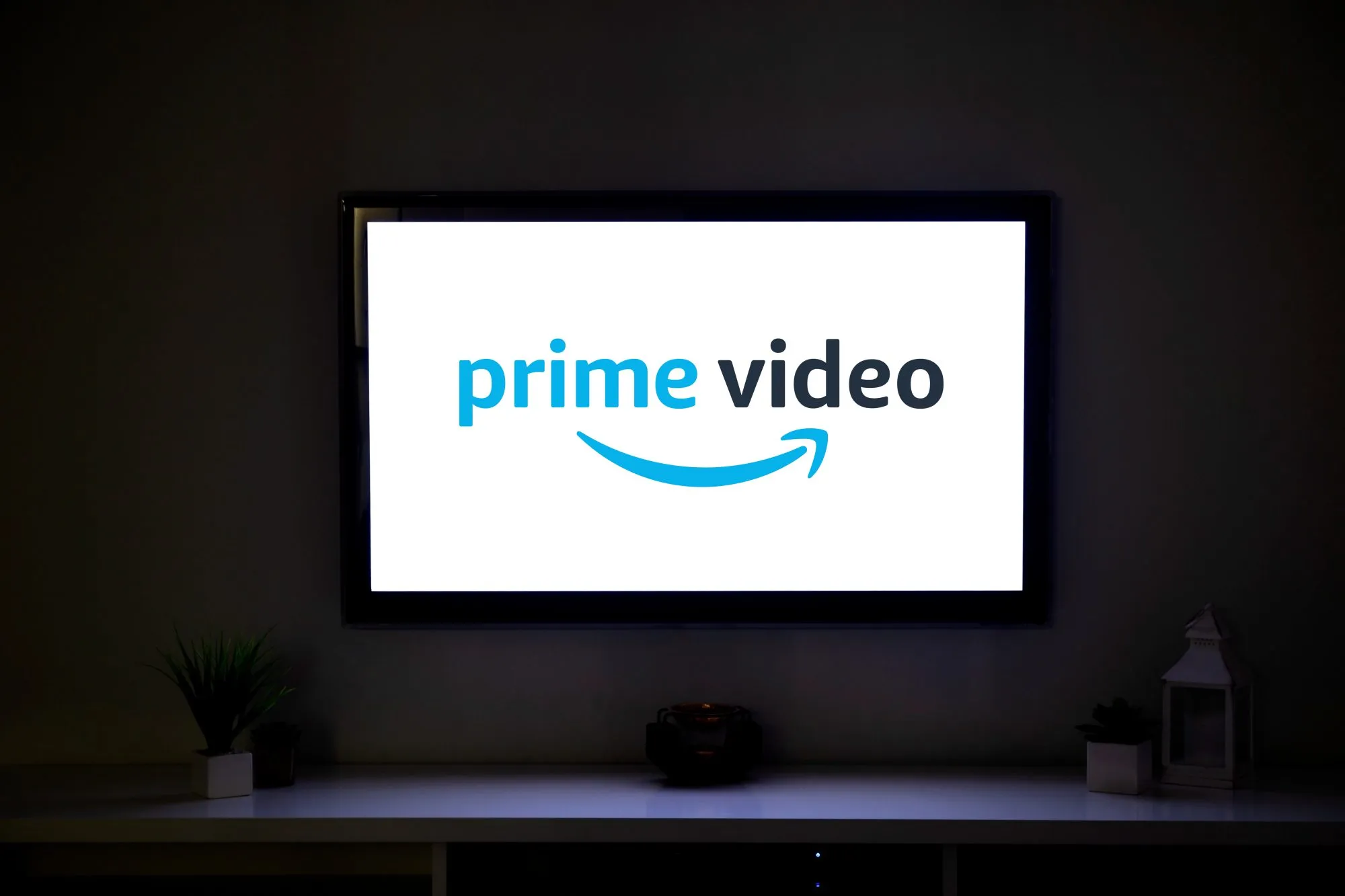Apple is poised to incur a significant financial penalty exceeding €500 million due to its practices in the music services domain, marking a pivotal moment in the ongoing scrutiny of tech giants under EU antitrust laws. The fine underscores the European Union’s commitment to ensuring fair competition and addressing monopolistic actions by major technology firms.
Key Highlights:
- Apple is set to be fined around €500 million by the European Union for its practices related to music services.
- The fine is part of the EU’s broader efforts to regulate the market dominance of major tech companies and ensure fair competition.
- This action follows a history of significant fines levied by the EU against technology firms for antitrust violations, with Microsoft’s €497.2 million fine in 2004 for abusing its Windows operating system monopoly being a notable precedent.

The fine against Apple is a significant development in the ongoing conversation about the power and influence of tech giants in the global market. The European Union has been at the forefront of this discussion, actively seeking to curtail any form of market dominance that could harm competition, innovation, and consumer choice. This approach is part of a broader regulatory effort to ensure that the digital economy remains vibrant and competitive, with the EU previously targeting other tech giants, including Microsoft, for similar concerns.
The fine highlights the EU’s stance on what it perceives as monopolistic practices by tech giants, emphasizing the need for these companies to operate in a manner that fosters competition and innovation. The EU’s decision is based on the principle that dominant market players must not abuse their position to the detriment of the market and consumers. This principle was echoed in the EU’s handling of the Microsoft case, where it imposed remedies to ensure fair competition and innovation in the digital market.
Apple’s situation is a continuation of the EU’s rigorous enforcement of competition laws, underscoring the challenges that tech companies face in navigating the complex regulatory environments of global markets. The fine serves as a reminder of the need for major tech companies to align their business practices with EU competition laws, emphasizing the importance of maintaining a competitive environment that benefits consumers and encourages innovation.
The EU’s actions against Apple and other tech giants reflect a broader global trend towards increased scrutiny of the practices of major technology companies. This trend highlights the growing recognition of the significant impact that these companies have on the economy, society, and the digital ecosystem at large. As technology continues to evolve and play a central role in our lives, the need for effective regulation to ensure fair competition and protect consumer interests has never been more apparent.
In conclusion,
The fine against Apple is a significant moment in the ongoing efforts to regulate the power of tech giants within the European Union. It underscores the EU’s commitment to ensuring a competitive and fair digital market, setting a precedent for how similar cases may be handled in the future. As we move forward, the balance between fostering innovation and preventing market dominance will continue to be a critical issue for regulators and companies alike.
















